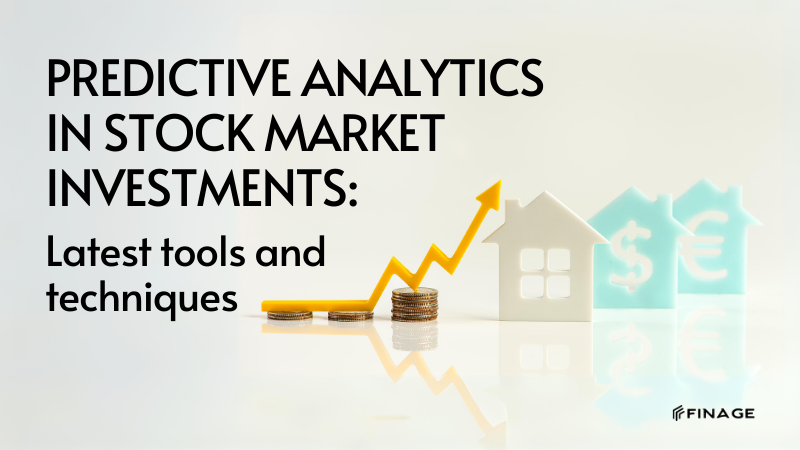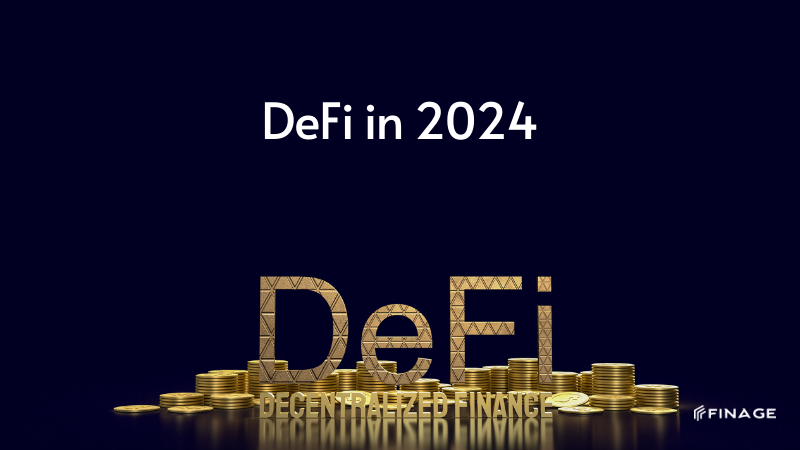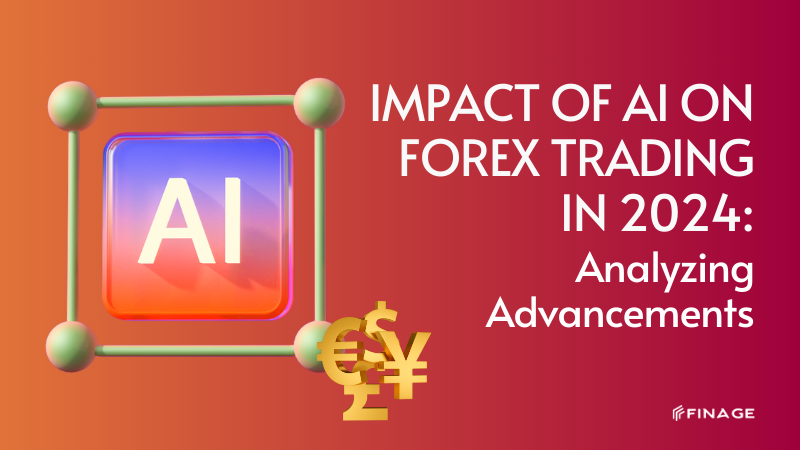Back to Blog
by Finage at April 9, 2021 4 MIN READ
ETFs

Finage ETFs: Exchange-traded funds APIs
Exchange-traded funds or ETFs are a relatively new concept used in trade today. They are products that can be traded on the stock market but have to go through a brokerage firm in order to be sold. ETFs are usually not considered 100% as stock. They are rather a type of stock that also have properties of index funds.
Contents:
How Do ETFs Work?
Different Types of ETFs
Niche passive ETFs
Inverse ETFs
Bonds ETFs
Foreign Market ETFs
ETNs
Pros and Cons
Final Thoughts
How Do ETFs Work?
If you have a good understanding of how stock works, you will be easily able to grasp the idea behind ETFs. Let’s break down stock for a second. Stock is usually sold during operational times when the market is open for business. Each stock is described by important data such as its current price as well as a ticker symbol. ETFs also have the exact same features and are sold the same way stock is.
The similarities between ETFs and company stock end there. New stock can be created at any time during the trading day, a feature that ETFs bring to the table. An ETF also permits the fund owner to monitor the performance of their assets on the market. This enables them to make a better decision of when to sell them to potential customers.
Exchange-traded funds are tools primarily used by small-scale investors. However, their nature is also dictated by large-scale investors who do their part in monitoring how well EFTs are doing on the stock exchange. They do this by buying larger forms of EFTs known as creation blocks.
Here is a simplified breakdown of the function of EFTs:
- EFT represents special stock that can be sold on the stock market. A provider makes a selection on said data and puts it up for sale.
- The shares are then available for purchase (the same way company shares usually are).
- The rest works identically to stock trading.
Different Types of ETFs
ETFs, take different forms. Although the concept is relatively new, there are a substantial number of them available today. Let’s look at a few examples:
Niche passive ETFs
These provide the right platform for small-scale investors to work on their trading strategies. This gives them an edge especially in a field dominated by large-scale investors.
Inverse ETFs
Inverse EFTs are designed to work in situations where there is a decline in the average value of the stock. These ETFs enable providers to feel more secure in the stock especially that the risk involved is significantly reduced.
Bonds ETFs
These types of ETFs make it possible for anyone on the stock market to see all the different bonds that are available at a given time. It provides variety which comes in handy especially to investors looking to buy assets and providers who are offering them.
Foreign Market ETFs
As the name states, foreign market ETFs enable the monitoring of non-US assets. The most popular foreign markets are located in Asia i.e, Japan and Hong Kong.
ETNs
ETNs are debt securities. They are guided by benchmark strategies and a third party, namely a bank is always involved. Compared to other ETFs, these usually carry additional risks, especially if the third party is on the verge of bankruptcy.
Pros and Cons
Let’s compare the main advantages and disadvantages of ETFs. Finage provided the following table to get a better understanding on how it works:
|
Pros |
Cons |
|
The transaction can take place whenever, unlike traditional stock that has a fixed time of trade. |
ETFs at their best work with investors who are willing to spend a significant amount of money. |
|
Investors interested in ETFs have access to up-to-date descriptions of the data contained within them at any time. |
Users may run into a few glitches when monitoring the data on the stock markets. |
|
Investors typically don't have to worry about the amount of tax that could be taxed on ETFs, this makes them tax-efficient. |
It usually takes about 48 hours before a transaction can be finalized. As a seller, you won’t have the chance to make another investment during this time. |
|
ETFs allow investors to expand on what assets they have in their basket. |
ETFs are a relatively new concept and some investors haven’t considered using them yet. |
Final Thoughts
As technology continues to revolutionize how we trade stock, there is a chance that we will see more ETFs in the years to come. It is very important to understand that there are so many options out there and that each ETF has a unique feature that will enable investors to make better decisions.
It is very important to do a thorough search in order to find the ETF that is meant for you. You can get ETF data by using the Finage professional services. Get in touch with Finage and we will help you with all questions!
Featured Posts

What's New at Finage: Latest Features and Services for 2024
April 23, 2024

Predictive Analytics in Stock Market Investments: Latest Tools and Techniques
April 22, 2024

NFTs in the Entertainment Niche & Its Role in the Web3 Ecosystem
April 21, 2024

DeFi in 2024: Exploring the Growth & Impact on Traditional Financial Services
April 20, 2024

Impact of AI on Forex Trading: Analyzing Advancements & Integration
April 19, 2024
Categories
Forex
Finage Updates
Stocks
Real-Time Data
Finage News
Crypto
ETFs
Indices
Technical Guides
Financial Statements
Excel Plugin
Web3
Tags
Exchange-traded funds APIs
Finage ETF APIs
ETFs websocket
realtime ETFs APIs
how to get ETFs market feeds
ETFs API
Free market feeds API
Join Us
You can test all data feeds today!
Start Free Trial

If you need more information about data feeds, feel free to ask our team.
Request Consultation
Back to Blog
Please note that all data provided under Finage and on this website, including the prices displayed on the ticker and charts pages, are not necessarily real-time or accurate. They are strictly intended for informational purposes and should not be relied upon for investing or trading decisions. Redistribution of the information displayed on or provided by Finage is strictly prohibited. Please be aware that the data types offered are not sourced directly or indirectly from any exchanges, but rather from over-the-counter, peer-to-peer, and market makers. Therefore, the prices may not be accurate and could differ from the actual market prices. We want to emphasize that we are not liable for any trading or investing losses that you may incur. By using the data, charts, or any related information, you accept all responsibility for any risks involved. Finage will not accept any liability for losses or damages arising from the use of our data or related services. By accessing our website or using our services, all users/visitors are deemed to have accepted these conditions.